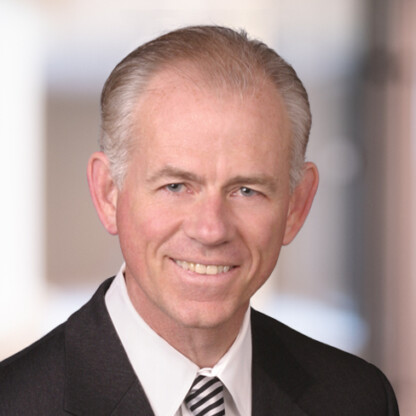The use of corporate monitorships by judicial and regulatory government agencies as a method to ensure an organization’s compliance with settlement agreements and orders resolving corporate criminal or regulatory accountability continues to rise.
- How is the need for corporate monitors determined?
- What credentials are important to the role?
- What is the process for selection?
- How long does a monitor serve?
- To whom do they report?
- How does the corporation benefit?
An experienced panel will discuss the role of a corporate monitor, provide insight into how and why a monitor is selected, discuss the responsibilities of a monitor after its selection, and the role of a monitor in assisting companies to enhance its corporate compliance program.
Presenters:
Pamela Davis, Partner, Orrick Herrington, Chicago, IL
Mark Filip, Partner, Kirkland & Ellis, Chicago, IL
Scott Frederickson, Partner, Foley & Lardner LLP, Chicago, IL
Sandra Moser, Principal Deputy Chief of the Fraud Section, Dept. of Justice, Washington, DC
Moderators:
Z Scott, Partner, Foley & Lardner LLP, Chicago, IL
Patricia Brown Holmes, Partner, Riley Safer Holmes & Cancila LLP, Chicago, IL
RSVP by June 14 to [email protected]. This event is sponsored by The Women in White Collar Subcommittee.
CLE Information
CLE accreditation is being sought for this program on a limited basis. Specifically, the ABA will be seeking accreditation for this program in CA, IL, NY and Midwest regional states only. These states sometimes do not approve a program for credit before the program occurs. This course is expected to qualify for 2 CLE ethics credit in 60-minute states, and 2.4 ethics credit hours in 50-minute states. This transitional program is approved for both newly admitted and experienced attorneys in NY. Attorneys may be eligible to receive CLE credit through reciprocity or attorney self-submission in other states.
